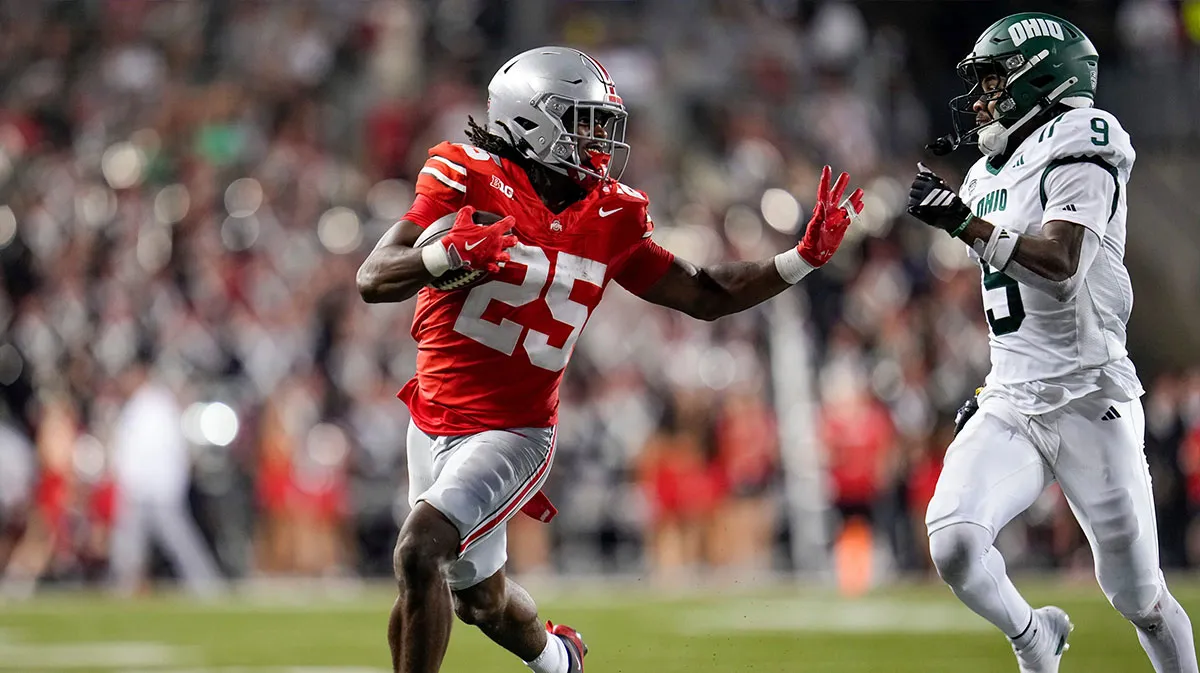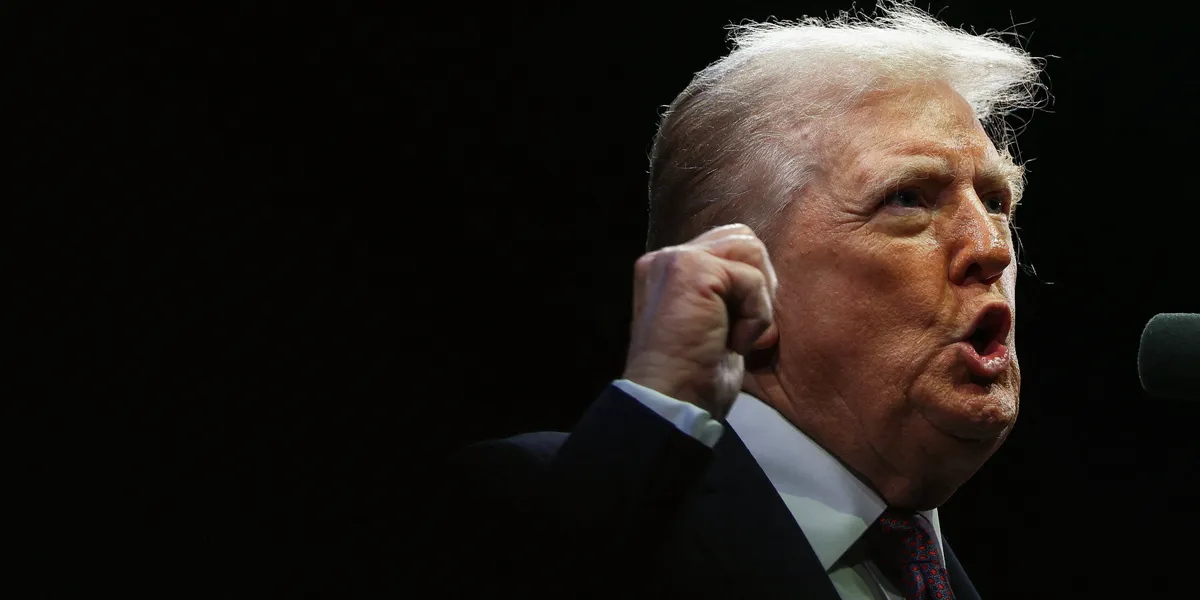By Catharine Hughes
Copyright newstatesman

“Do you remember where you were on June 25, 2009?” The question flashed across my screen earlier this year, and I sat bolt upright. I knew exactly where I’d been.
As a child, I was both obsessed with and terrified of Michael Jackson. At night, I feared that if I flushed the toilet, his face might emerge from the dark. So when he died – and the coverage was everywhere – I couldn’t look away. The memorial at the Staples Centre was a glittering spectacle: siblings in sequined gloves, a gold casket, tributes from Smokey Robinson to Mariah Carey. But the moment that undid me – the one I rewatched endlessly in grainy 360p – was Stevie Wonder, wailing through Never Dreamed You’d Leave in Summer. “Michael!” he cried. “Why didn’t you stay?
16 years later, I wept again. Conrad Fisher is watching through his bedroom window as the love of his life – and ex-girlfriend – Belly, dances outside with his brother, Jeremiah. Belly and Jeremiah are days away from their wedding, but the long-suffering Conrad has been in love with her for four years – he never said anything because he made a promise to his dying mother that he’d always look out for his younger brother. A promise he reflects on as he chokes on his own tears watching the betrothed; fade up James Blake, “But now I find my love has gone away”, a man with a voice that makes you feel like you’ve been lying on the floor crying for a week and your heart is going to fall out of your mouth: “Why didn’t you stay?”.
You may know what I’m talking about, or it may sound vaguely ridiculous, and actually, the two aren’t mutually exclusive. Based on the book series of the same name by Jenny Han, who also serves as the showrunner for the TV series, The Summer I Turned Pretty is a story of love and brothers: two brothers in love with one girl, one girl who loves two brothers, two brothers who don’t love each other most of the time because of the aforementioned girl.
For the past three months, this show has dominated the lives of young women, and everyone in their orbit. Online, no one could escape Summer this summer. In its third and final season, the series’ popularity has skyrocketed, partly thanks to its antiquated weekly release schedule but also the soft escape it provides. While the books were written in 2009 (a formative year for culture), the series is set in a hazy present day stripped of politics and division, only the greatest hits of modern times made it: AirTags, spatchcock TikTok, Timothée Chalamet. Around the world, from New York to Delhi, screenings have been arranged in parks, theatres and bars. Hordes of women brought together to clutch each other’s arms and scream at a TV; “hurry up,” I texted my friend, “this is a once in a generation event.”
So, what’s at play? For years longtime family friends, the Fishers and the Conklins, have been spending summer in the Fishers’ summer house located in a fictional Cape Cod-esque town called Cousins, which is confusing because they also seem like they are cousins at first glance. A good way to kill the general sense of shared DNA is for our hero Belly to go through puberty and thus the Fisher boys realise she looks quite pretty.
This is, in many ways, a bad show. The writing is clunky, sometimes trite, storylines vanish without explanation, and the entire plot rests on a single device – a love triangle. But that’s also its brilliance. Han has built an empire on a single question: which brother will she choose? She kept us in suspense for nearly thirty hours. Everything else (characters, storylines, even time) bends or disappears to serve that central tension.
Conrad is brooding, Jeremiah buoyant; Belly loves them both in ways that sometimes feel biblical, sometimes absurd. Their dead mother meddles with their love lives from beyond the grave. The series nods to The Notebook, Sabrina, Romeo + Juliet – but with the benefit of ostensibly unlimited time. It’s not one sweeping kiss and credits; it’s a dozen near-confessions; it’s romance in a slow cooker. Every hesitation, every almost-kiss, every teary breakdown gets left to stew until it’s falling off the bone.
The audience eats up every scrap. It gets better each time. Fall in love again and again. The declarations of love, more wrought. The crashing waves in the background, more violent. The Taylor Swift soundtrack, more angsty – a cheat code programmed into the brains of Gen Z and millennial women everywhere, just in case it wasn’t absolutely crystal clear how Han wanted you to feel.
When filming Logan Roy’s funeral in the final series of Succession, Brian Cox insisted on attending the shoot so that eager onlookers would be none the wiser as to who was in the coffin. Filming in Paris for the finale, Gavin Casalegno (Jeremiah) met a similar fate. A cunning decoy, Jeremiah was in essence also attending his own funeral – this was Conrad’s moment to fly thousands of miles to declare his undying love for one final and successful time to their mutual ex-girlfriend. This is what the fans have wanted for four years: a Bonrad endgame.
There was never any question of who she would end up with; that is the true triumph of the show. When Conrad appears in episode one, Lover by Taylor Swift starts playing, a 21st-century Wedding March. Every scene with the two of them is packed with stolen glances, wry smiles, more Taylor Swift. By the end, Jeremiah had been reduced to a cartoonish foil, a narrative sacrificial lamb. We knew from the start exactly where we were going; we just didn’t know how we were going to get there, or what the soundtrack budget would be.
This show has consumed my life longer than I care to admit, while feeling wounded that it was coming to a close, it was necessary. Time to be released from the hold of teenage brother romance. To my utter dismay and distress, it was announced yesterday that a film sequel is in the works: Summer isn’t over. We know exactly where this is going. We always have. But Han won’t let us leave.
[See also: Black Rabbit: gourmands of New York]



